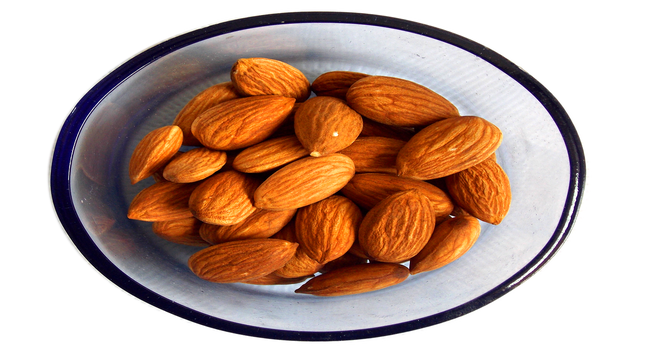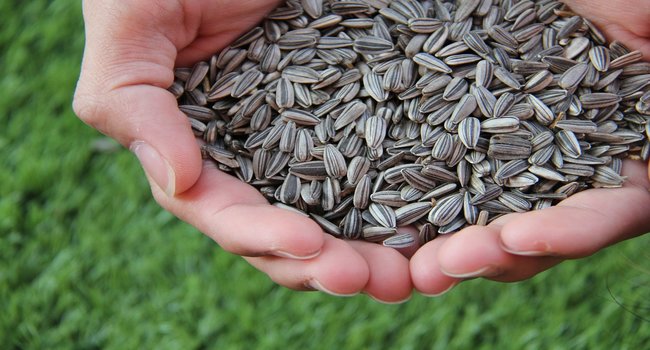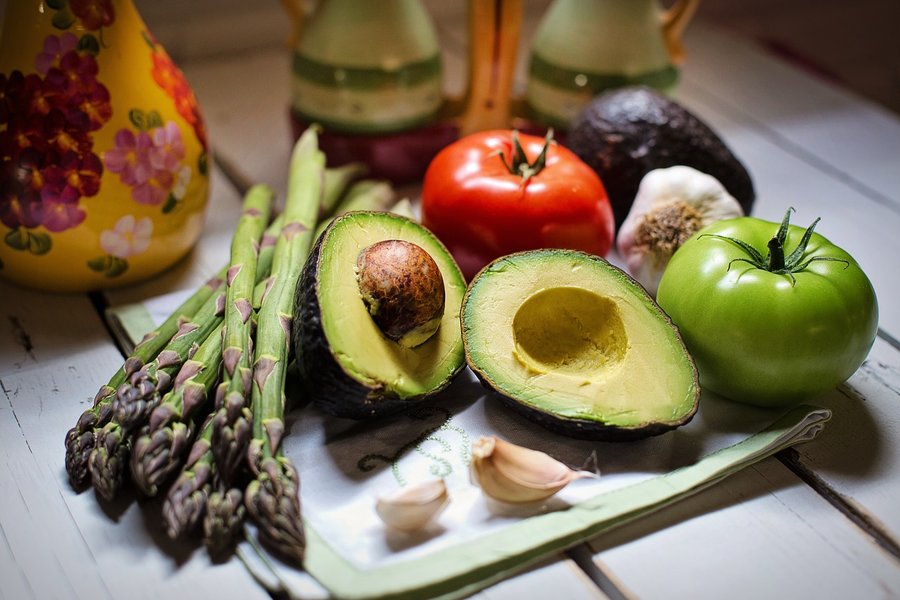Vitamins – are a very important element for the proper functioning of life! These crucial organic compounds are required to be present in a balanced quantity in our daily diet.
As we all have read in our science class, there are various types of vitamins (13 essential vitamins to be exact). All these have their own respected role to play in the human body.
From making your nails shiny to regenerating important body cells, vitamins have a hand in all.
Unfortunately, our human body cannot produce its own vitamins and relies on outsourcing it. Different vitamins are obtained from different sources. Most of the vitamins though are sourced from our meals. That’s why it’s always recommended to have a full-fledged balanced diet!
In this article, we are going to talk exclusively about “All Types of Vitamins” and also explore a few corners of it in brief.
What is Vitamin?
Vitamins are organic compounds (they contain carbon) which are to be taken by an organism in relatively smaller dosage for proper life sustenance and growth. There are various elements of a human body that needs different vitamins for proper functioning.
As already discussed, our body cannot synthesize the much-required vitamins. That’s why it has to procure it from other sources. Neglecting which can result in various medical conditions and a malnourished body.
Vitamins can be categorized into either water or fat-soluble vitamins.
Let’s have a look at what are those two:
Water-soluble Vitamins
Majority of the vitamins are what we call “water-soluble vitamins”. In these types of vitamins, the organic compounds are first dissolved in the water and then dispersed into the bloodstream for its work.
Water-soluble vitamins do not stay in the organism’s system for too long and are excreted via urine (most of the times). This is also the reason why water-soluble vitamins should be taken on a regular basis.
Vitamin B1, B2, B3, B5, B6, B7, B12 (all vitamin B) and Vitamin C are water-soluble.
Fat-Soluble Vitamins
As the name suggests, this type of vitamins is dissolved in fat before dispersing into the bloodstream. Unlike water-soluble vitamins, this particular type can be stored in the organism’s body for a longer period of time.
These types of vitamins are mostly stored in the liver and can stay up to months (sometimes even years).
Vitamin A, D, E and K are fat soluble Vitamins.
Function of Vitamins
There is a total of 13 vitamins found in existence right now. Each one of them has its own beneficiary to provide. The sources from which these vitamins are obtained can be different. Lack of a specific vitamin can lead to some particular health problems.

Vitamin A (fat-soluble)
It plays an important role in the vision of the human body along with bone growth, reproduction, and the immune system. Vitamin A is also crucial for proper cell functioning.
Deficiency of it can cause vision-related problems like dry cornea (keratomalacia) and night blindness.
Few Sources: carrots, broccoli, sweet potato, butter, liver, kale, spinach, cheese, eggs, and milk.

Vitamin D (fat-soluble)
It helps the body to absorb calcium and keep a balance of it along with phosphate.
Deficiency of it can cause the bones of the body to weaken (due to the lack of calcium), rickets and osteomalacia (for adults).
Few Sources: Ultraviolet rays from a source (primarily the sun). Less significant sources can be mushrooms, eggs, and fish.

Vitamin E (fat-soluble)
It helps in strengthening the immune system and also is crucial for maintaining healthy skin and eyes.
Deficiency of it rarely occurs (because most of the time it’s stored in the body for a long time) but if it does then a condition which mostly affects newborn babies called “hemolytic anemia” can destroy the blood cells present in the blood.
Few Sources: avocado, almonds, whole grains, vegetable oils, sunflower seeds.

Vitamin K (fat-soluble)
It helps in the clotting of the blood after a wound or a scratch etc.
Deficiency of it is also rare as it’s required in much lesser quantity but a condition called bleeding diathesis may occur.
Few Sources: kiwi fruit, avocado, spinach, parsley, and other green vegetables.

Vitamin C (water-soluble)
It plays a vital role in producing collagen, which is the connectivity tissue. It’s also an antioxidant. Moreover, it’s important for our bones and skin it also helps the body in absorbing iron.
Deficiency of it can cause a condition called “scurvy”. In the respected condition, the patient feels weak and symptoms like sudden bleeding, pain in the limbs and muscle.
Few Sources: Broccoli, orange, lemons, sprouts, papayas, strawberries, camu camu fruit.
Vitamin: B (all water-soluble)

B1 (thiamine)
This helps convert carbohydrate into energy which is required to fuel the different parts of the body. Also plays a role in conduction nerve signals and muscle contraction.
Deficiency of it can cause a condition called beriberi which can cause fatigue, weakness, and also nerve damage.
Few Sources: sunflower seeds, kale, cauliflower, oranges, eggs, yeast, pork, brown rice.

B2 (riboflavin)
Riboflavin also helps to generate energy from the food that we take. Along with that, it helps keep our nervous system, skin, and eyes healthy.
Deficiency of it can cause a condition called “ariboflavinosis”, sore throat, angular stomatitis.
Few Sources: banana, cheese, milk, asparagus, fish, eggs, yogurt.

B3 (niacin)
Like Vitamin B2, niacin also does a very similar job. It helps keep the nervous system healthy and also generate energy from the food we take.
Deficiency of it can cause pellagra along with dermatitis and diarrhea
Taking too much of this can also be a problem and can cause liver damage in the long run.
Few Sources: leafy vegetables, broccoli, liver, meat, fish, eggs, carrots, avocados.
Read also about

B5 (pantothenic acid)
This in a similar way helps generate/release energy from the food taken.
Deficiency of this can cause a condition called “paresthesia” along with fatigue and depression.
Few Sources: broccoli, avocados, meat.

B6
Unlike all the above-listed vitamin B6, this one actually helps store the energy that is generated from the food sources. It also has a significant role in the forming of the hemoglobin which gives the blood the red pigment (and carry oxygen).
Deficiency of this can cause anemia. Too much intake can cause nerve damage.
Few Sources: banana, almonds, nuts, milk, meat.

B7 (biotin)
Biotin plays a role in the metabolism of fat.
Deficiency of it is rare because a very little amount of B7 is actually required. But it may cause conditions like inflammation of intestines and dermatitis.
Few Sources: broccoli, cabbage, spinach, liver, egg yolk.

B12
This one is also similar and helps keep the nervous system fine along with help in the making of the red blood cells. Moreover, helps release energy from the food that is taken.
Deficiency of this can cause anemia and also a condition in which the bone marrow generates a lot more RBC than usual (megaloblastic anemia).
Few Sources: cereals, meat, eggs, milk, cheese, butter, shellfish.

Folic Acid
It works alongside B12 to produce red blood cells. And also plays a role in the formation of the central nervous system in an unborn baby during pregnancy.
Deficiency of this can lead to birth defects. And also cause folate deficiency anemia alongside fatigue and weakness.
Few Sources: sunflower seeds, yeasts, liver, spinach, cabbage, leafy vegetables.
Summary:
Vitamins are essential organic compounds that our body needs in order to properly grow and function in the long run.
Our body cannot produce the much-needed vitamins so we are relied on outsourcing it – mainly from our food.
Vitamins can be categorized into water-soluble and fat-soluble vitamins. Majority of the vitamins are water-soluble (9).
There are many different vitamins available in nature. As of now, we have 13 known vitamins – Vitamin A, C, D, E, K, B1, B2, B3, B5, B6, B7, and B12.
Different vitamins have their own crucial parts to play. Neglecting one can lead to medical problems in the long run.
Therefore it’s very important to include the most common sources of these vitamins and have a well-balanced diet.
